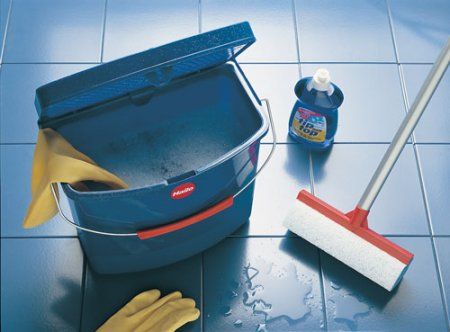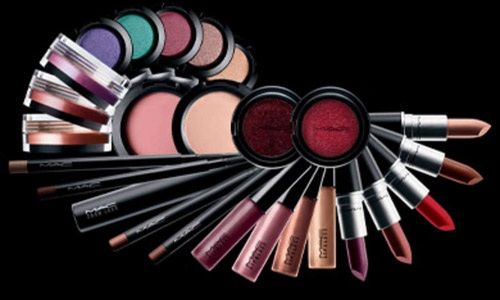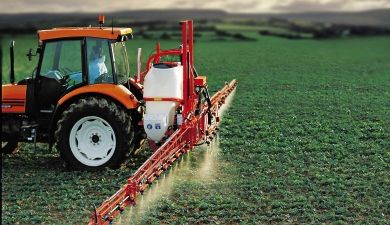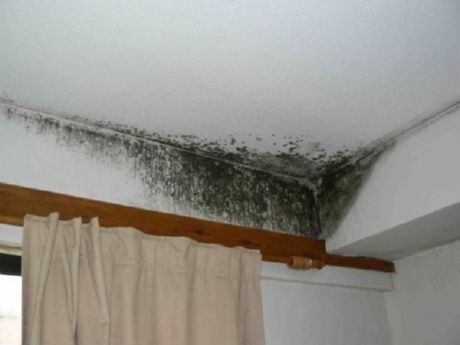Medical expert of the article
New publications
7 unexpected dangers that can cause breast cancer
Last reviewed: 01.07.2025

All iLive content is medically reviewed or fact checked to ensure as much factual accuracy as possible.
We have strict sourcing guidelines and only link to reputable media sites, academic research institutions and, whenever possible, medically peer reviewed studies. Note that the numbers in parentheses ([1], [2], etc.) are clickable links to these studies.
If you feel that any of our content is inaccurate, out-of-date, or otherwise questionable, please select it and press Ctrl + Enter.
Increasingly, researchers are pointing to a link between certain environmental chemical pollutants and breast cancer.
To protect yourself and your family, try avoiding purchasing certain products that are used in your home.
Naphthalene
In 2012, scientists from the Centers for Disease Control and Prevention discovered that naphthalene is a carcinogen and can cause cancer in both humans and animals. Long-term exposure to this dangerous substance can cause destruction or damage to red blood cells.
Air fresheners and cleaning products

Unventilated, small spaces such as bathrooms and toilets are a real gas chamber if you scrub them to a shine with cleaning and washing agents. The result is sparkling cleanliness and at the same time a full room of toxins - chemicals based on the interaction of ethylene glycol and terpenes. And the main provocateur of cancer is artificial musk, which manufacturers add to products to improve the smell.
Phthalates

They are used as plasticizers in the production of soft plastic. They are also found in women's and men's cosmetics, even the most expensive ones. Phthalates are also present in adult products - various sex toys, which often causes infertility in women. Scientists associate phthalates with a weakening of hormone production, early puberty, and breast cancer.
Mascara
Cadmium is one of the most toxic heavy metals, its compounds are poisonous and very dangerous. Unfortunately, its impurities are found in cheap jewelry and cosmetics, which provokes the development of breast cancer. According to scientists, the longer malignant tumor cells are exposed to cadmium, the more aggressive they become, which in turn accelerates the process of metastasis and makes cells resistant to treatment with antitumor drugs.
Ecology
Canadian researchers found that women exposed to the highest levels of air pollution were twice as likely to develop breast cancer compared to women living in less polluted areas. Experts advise against lighting fireplaces and stoves, as this can lead to hazardous air pollution, as can burning autumn leaves.
 [ 3 ]
[ 3 ]
Pesticides

Some pesticides used to grow food are carcinogenic and pose a danger to humans. According to research, some agrochemicals can stimulate the growth of breast cancer cells, which has been proven in animal experiments.
Mold

We spend most of our time at home or in the office – in a closed room, where we breathe the air that circulates in it. Our lungs have an amazing ability to filter out many microbes, but in the case of mold, things are more complicated – mold spores settle deep in the lungs and even penetrate the lung tissue itself. Mold produces a special substance – aflatoxin, which is a carcinogen and provokes the development of breast cancer.

